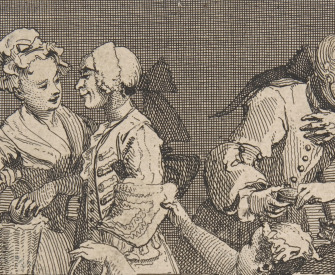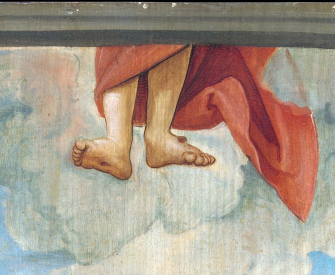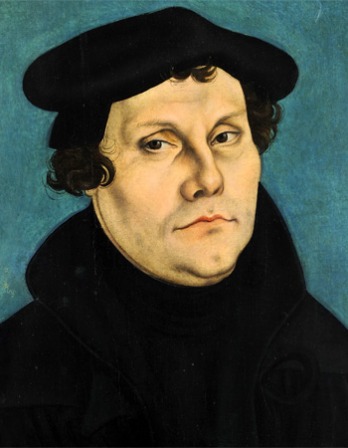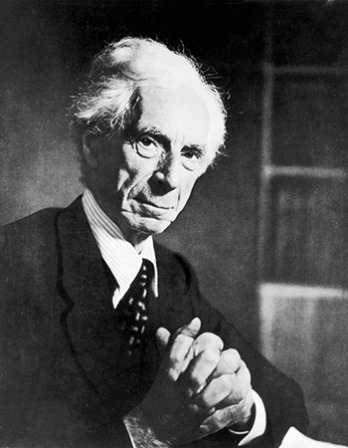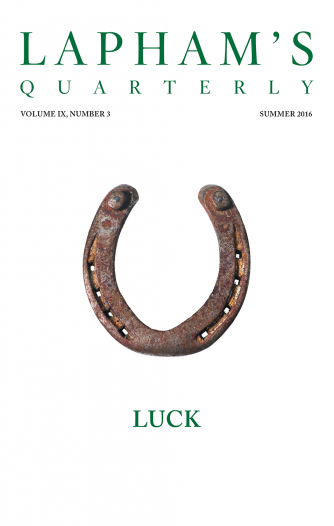Marcolphus: I’ve never had the experience of being present at a deathbed.
Phaedrus: I have—oftener than I would wish.
Marcolphus: But is death as dreadful a thing as it’s commonly asserted to be?
Phaedrus: The road leading up to it is harder than death itself. If a man dismisses from his thought the horror and imagination of death, he will have rid himself of a great part of the evil. In brief, whatever the torment of sickness or death, it is rendered much more endurable if a person surrenders himself wholly to the divine will. For awareness of death, when the soul is already separated from the body, is, I think, either nonexistent or else an extremely low-grade awareness, because before nature reaches this point it dulls and stuns all areas of sensation.
Marcolphus: We’re born without our being aware of it.
Phaedrus: But not without a mother’s being aware of it.
Marcolphus: Why don’t we die in the same way? Why did God mean death to be such a torture?
Phaedrus: He meant birth to be painful and dangerous for the mother in order that she might love her offspring more dearly. But death he meant to be dreadful for everyone, lest men far and wide commit suicide. And since even today we see so many do violence to themselves, what do you suppose would happen if death weren’t horrible? Whenever a servant or even a young son got a thrashing, whenever a wife fell out with her husband, whenever a man lost his money, or something else occurred that upset him, off they’d rush to noose, sword, river, cliff, poison. As matters now stand, the bitterness of death makes life more precious to us, especially since physicians can’t cure a man once he’s dead. Though all men don’t die in the same way—just as they’re not all born in the same way—some find release in a quick death; others sink into a slow death. Persons with sleeping sickness, likewise those stung by an adder, die unconscious, stupefied with sleep. I’ve noticed this: that no kind of death is so bitter but that it can be endured if one has resolved to die with steadfast mind.
From Colloquia. While teaching wealthy young men in Paris, Erasmus in 1499 was invited by one of his pupils to England, where he became friends with Sir Thomas More. Nearly a decade later, the Dutch humanist returned to live with More and to write In Praise of Folly in 1509. In 1516 Erasmus published his Greek New Testament, which in second-edition form Martin Luther used for his German translation in 1522.
Back to Issue

